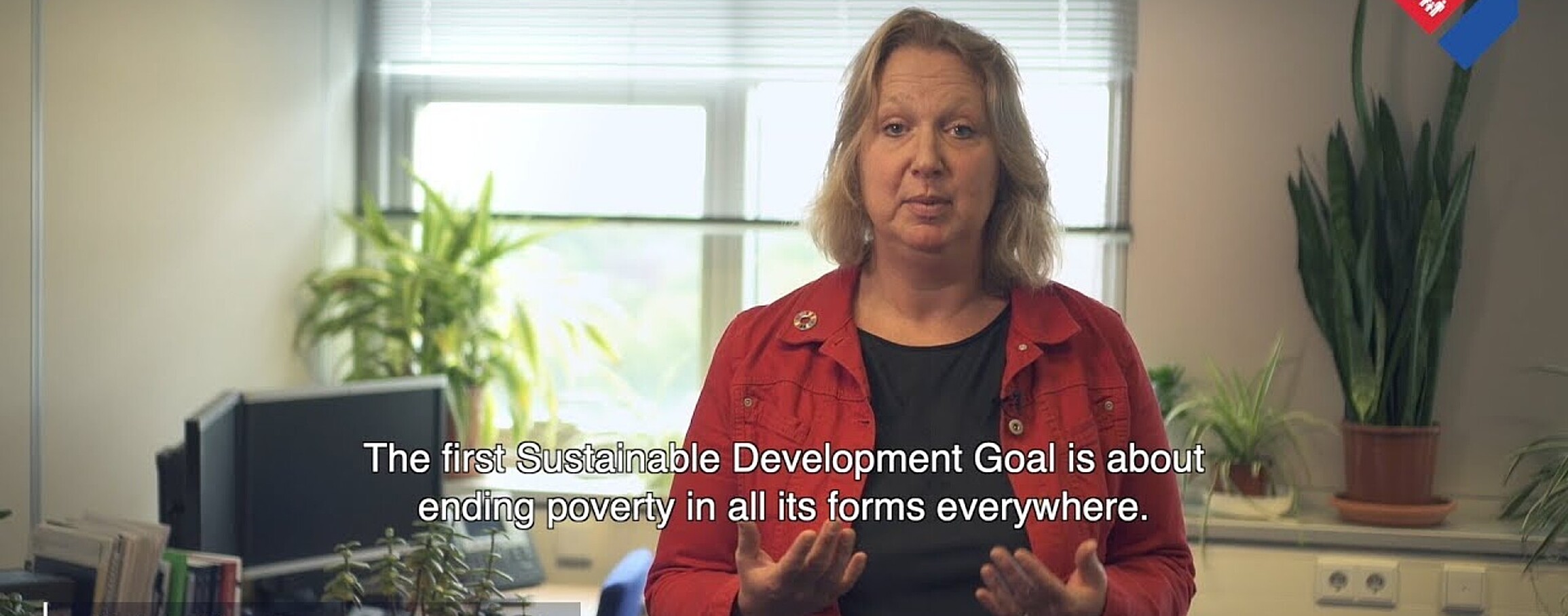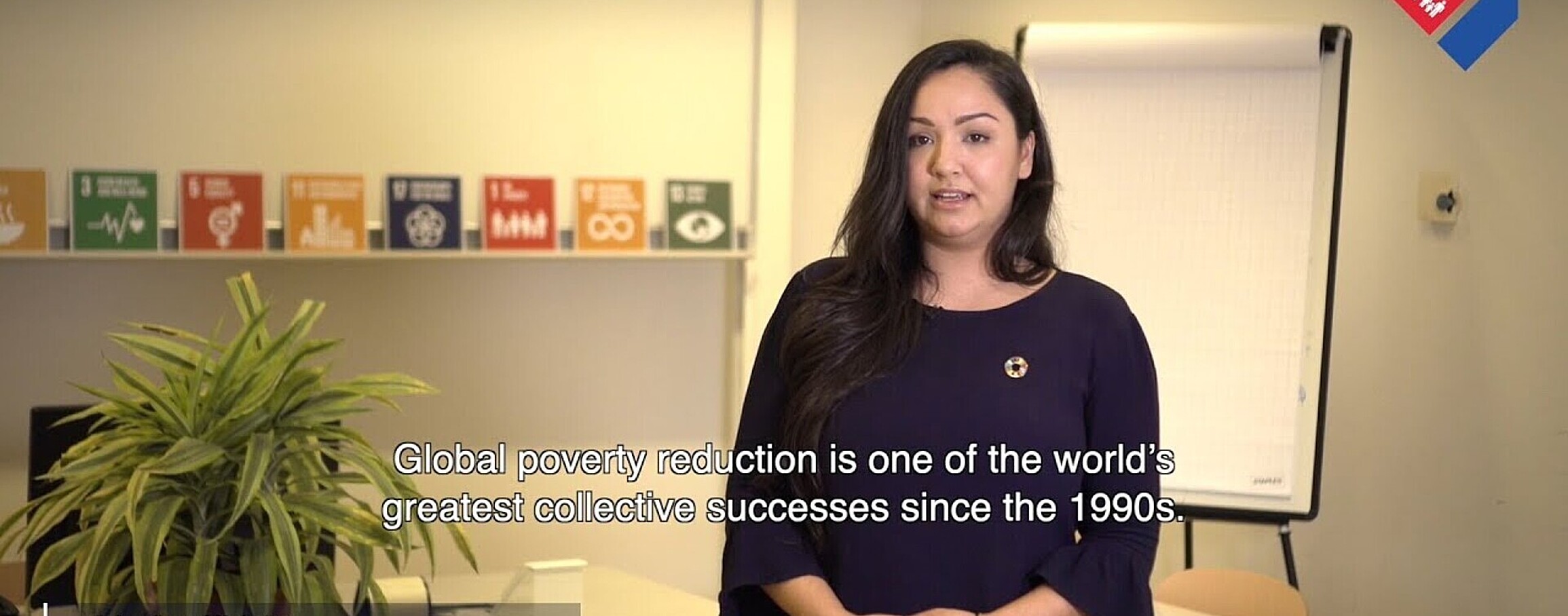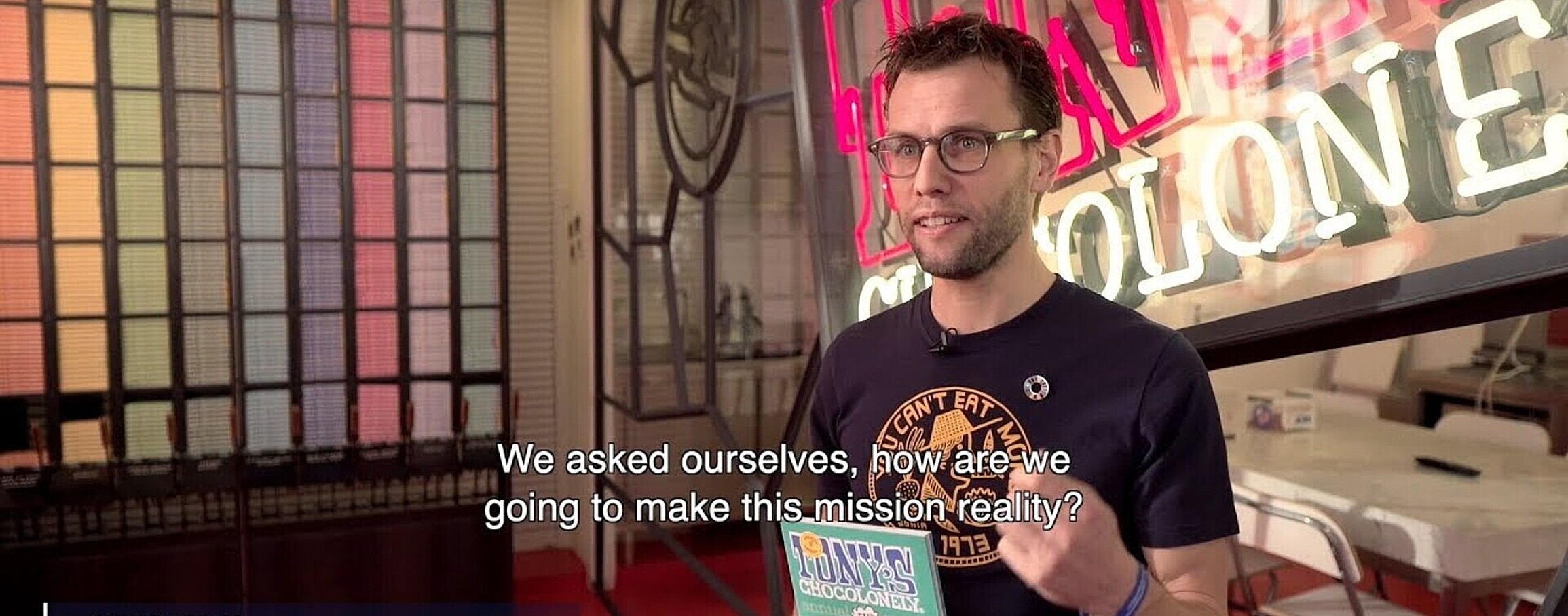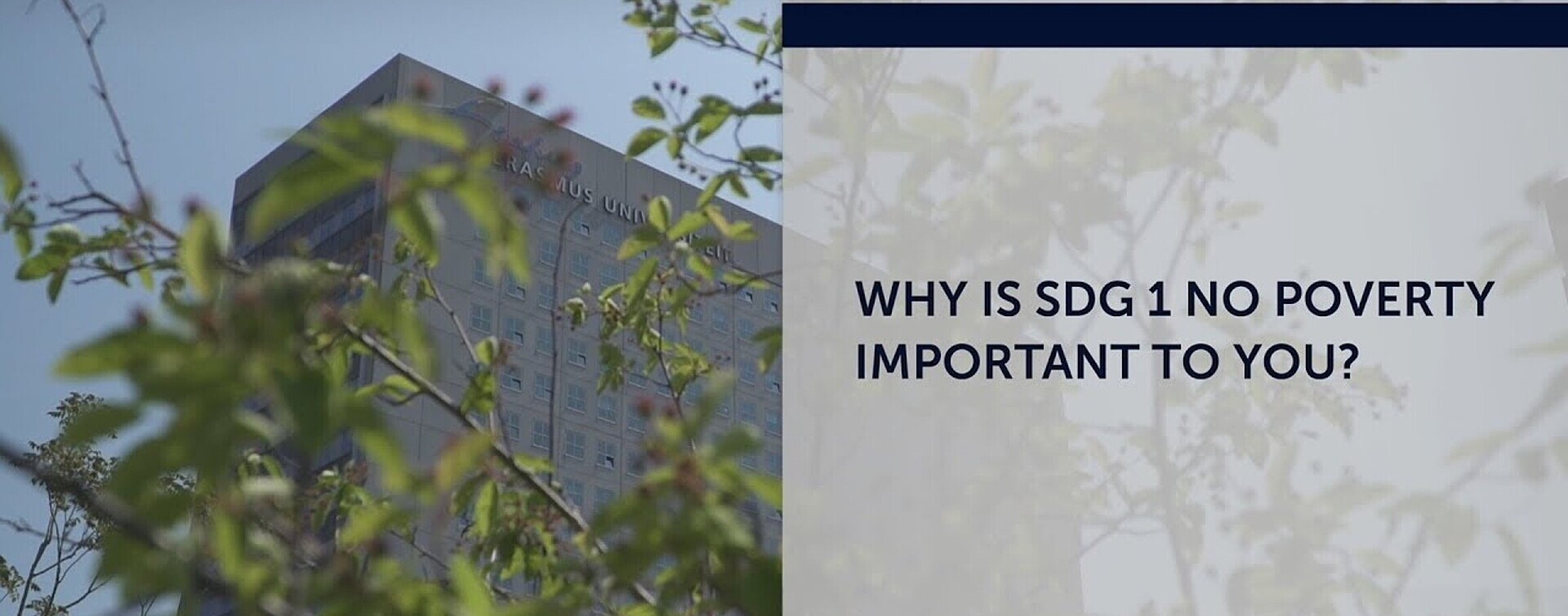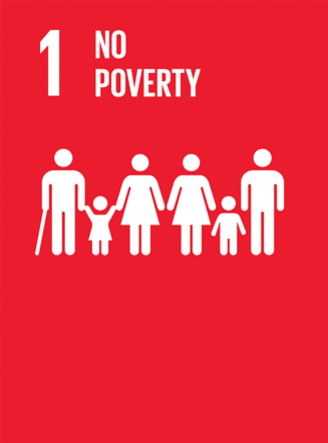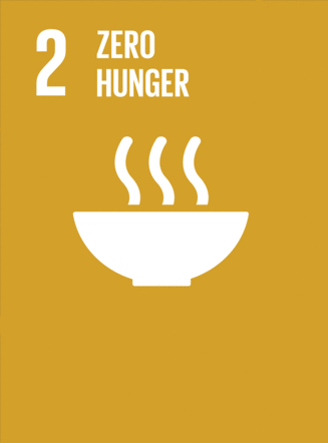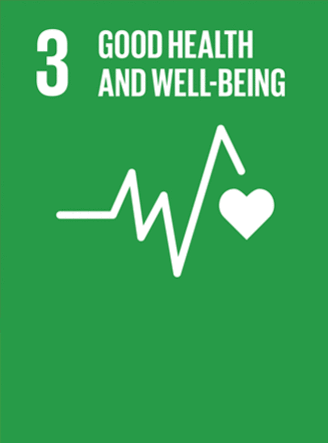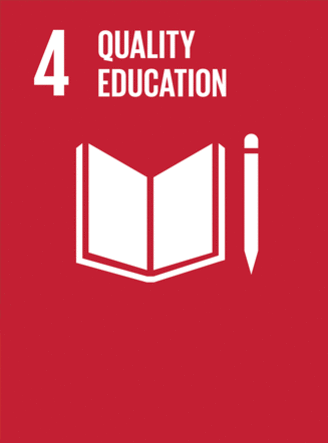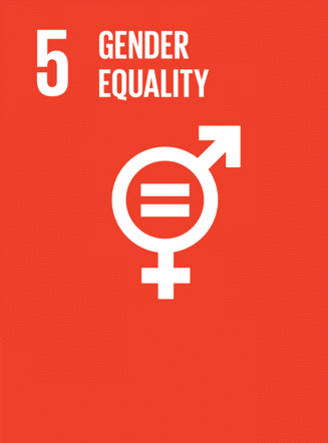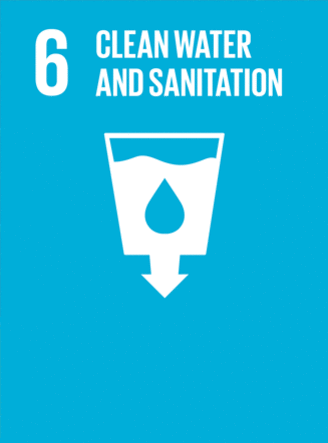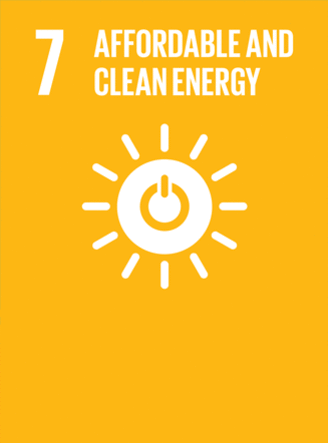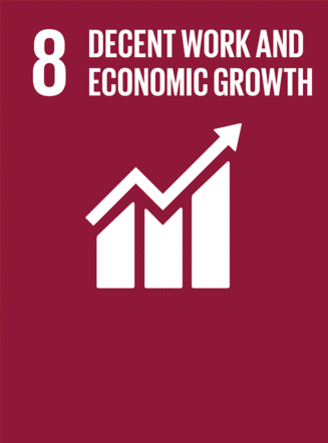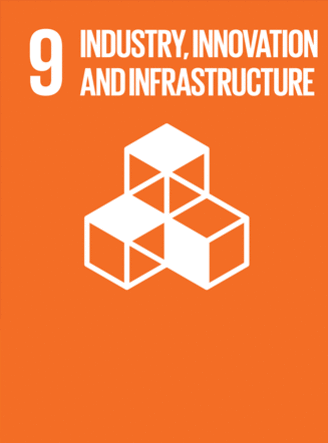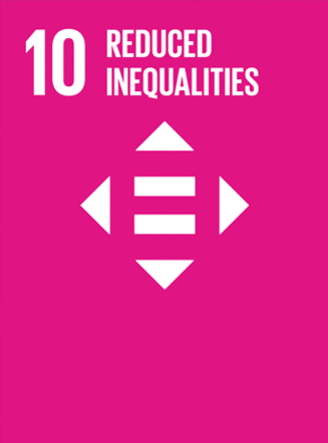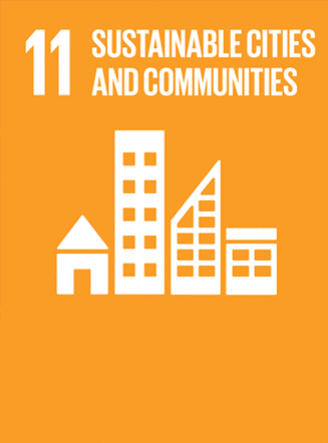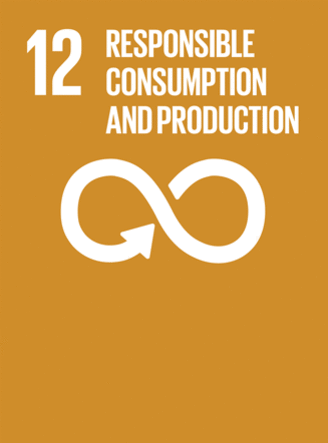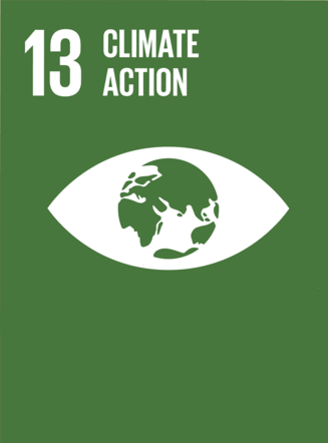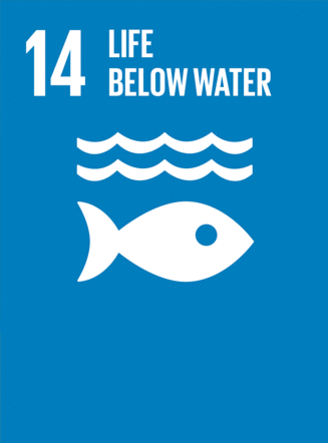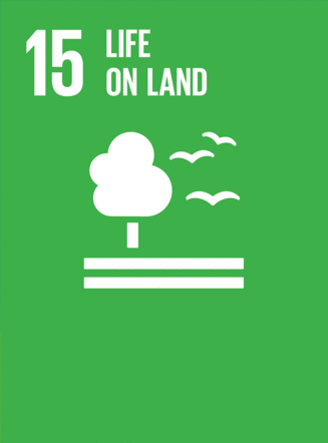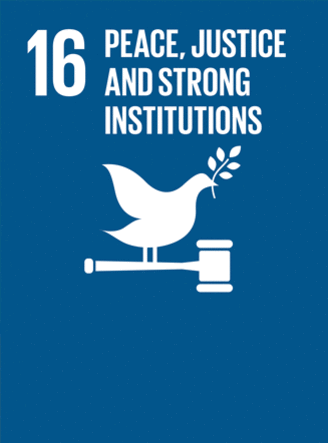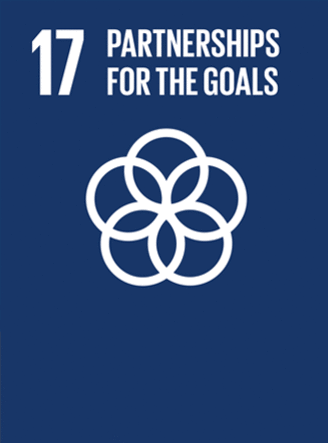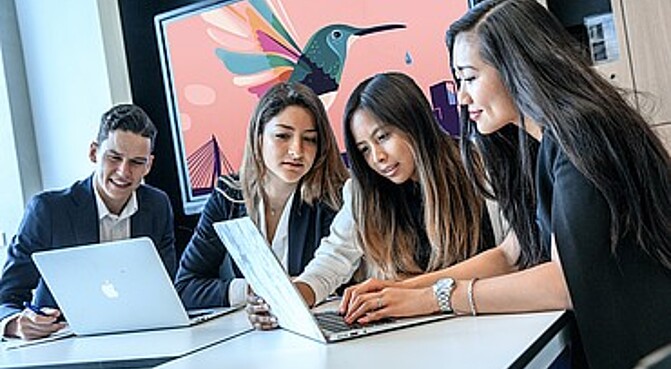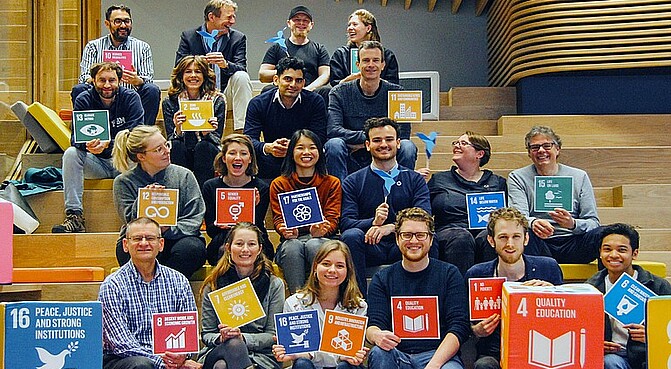In our education we are using teaching cases, assignments and videos to highlight the issues as well as the business challenges posed by the SDGs, and confront students with the complexities of working with the SDGs. Here we share these materials per SDG, showcasing material that is most directly relevant.
According to the World Bank’s international poverty level, in 2015 over 700 million people lived in extreme poverty, existing on less than US$1.90 per day. Yet eradicating poverty represents a much broader challenge than just addressing the lack of money. There is debate about whether or not ‘no poverty’ is even a human right. That is why the involvement of business is so important here.
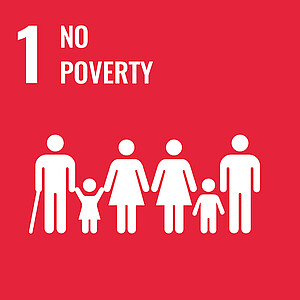
This is really what business contribution to the SDGs is about: avoiding negative impact and taking next steps to increase their value for societies.
Heleen Tiemersma - Research associate to the chair on International Business and Human Rights at RSM, and a PhD candidate researching sustainable business and human rights
Business has a double role to play in societies, particularly those in which they have stakes. Heleen Tiemersma is a research associate to the chair on International Business and Human Rights at RSM, and a PhD candidate researching sustainable business and human rights. She explains how business can avoid negative impacts and create positive outcomes against poverty.
Student Sahar Seyed Nabeian (MSc Human Resource Management) introduces the challenges of eradicating extreme poverty, and how business has a crucial role in making progress to achieving SDG 1.
Arjen Boekhold has possibly the best job title ever. He is ‘Cocoa Game Changer’ for Tony’s Chocolonely, a Dutch chocolate producer focusing making slave-free chocolate the norm. But the company’s ambition to sell 100% slave-free chocolate has challenges. Arjen explains how the responsibilities of companies lie at the core of their operations, not on the sidelines.
Positive change in action
Want to start applying your knowledge? Here are easy tips related to SDG 1:
- Instead of birthday presents, offer to give money to a charity of their choice.
- Teach a skill or short course at a community center (e.g. computer skills, building a resume, preparing for a job interview).
- Learn the causes of poverty at home and abroad.
Want to do more? Here are the Good Life Goals.
SDG cases focusing on SDG1
RSM has developed a case series addressing the Sustainable development goals, which contains at least one case that specifically touches upon one of the 17 SDGs.
Cases with a primary focus on SDG 1:
- Unifrutti Tropical Philippines Inc.: Planting the Seeds for Peace and Prosperity
Read more
You might also be interested in:
- Business and the Sustainable Development Goals – a framework for effective corporate involvement, a short book by Prof. Rob van Tulder.
- How business schools can contribute to ecosystem restoration and help to alleviate poverty: a short video from RSM Discovery.
- An article by Prof. Lucas Meijs on the influence of the lockdown on voluntary work.
